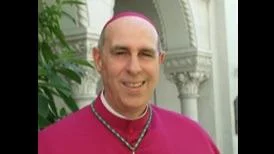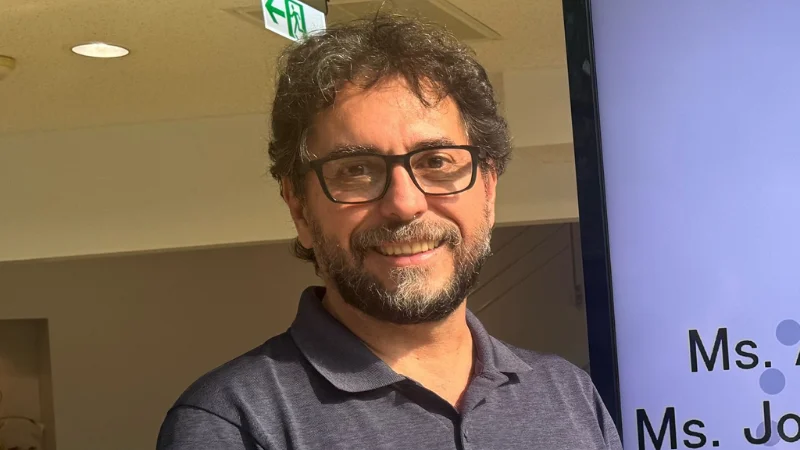
Rev. James D. Conley, D.D., S.T.L. | Diocese of Lincoln website
Q. Can you explain what the word ‘Mass’ means? Protestants say they go to church while Catholics say they participate in the Mass. How are those two things different?
The distinction between Catholics attending "Mass" and Protestants attending "church" or "service" has historical and liturgical roots. Historically, early Christians used terms such as "breaking of the bread" and "eucharistia" to describe their liturgical celebrations. Over time, "missa" emerged, notably mentioned by St. Ambrose in 385, and later used by St. Augustine and others, to refer to the Liturgy of the Eucharist within the Mass.
Mass, closely linked to the Eucharistic Liturgy, fell out of favor with Reformers who preferred different terminologies for their worship. As a result, Protestant communities adopted terms like "service," shaped by historical influences such as the German "service of God" used by Lutherans. This terminology shifted and adapted as immigrants brought their practices to new lands, resulting in various terms for Protestant worship.
It is worth noting that there is no strict division between Catholics and Protestants in their choice of terms. For instance, some Anglicans and traditional Lutherans still use "Mass." Similarly, devout Catholics may refer to attending "church" rather than "Mass." According to the article's author, "the attempt to draw a strict distinction" between "Mass" and "service" reflects a broader dynamic where communities try to "differentiate ourselves from our Protestant neighbors just as Protestants at the time of the Reformation tried to differentiate themselves from their Catholic neighbors."
The writer argues that while it's important to recognize the theological differences, emphasizing terminology should not overshadow mutual understanding. "If a Catholic says 'let’s go to church' instead of 'let’s go to Mass,' I really do not think that is a big deal." Overemphasizing terminology, the author suggests, might unnecessarily create divisions rather than fostering an understanding of shared beliefs in the broader Christian community.






 Alerts Sign-up
Alerts Sign-up